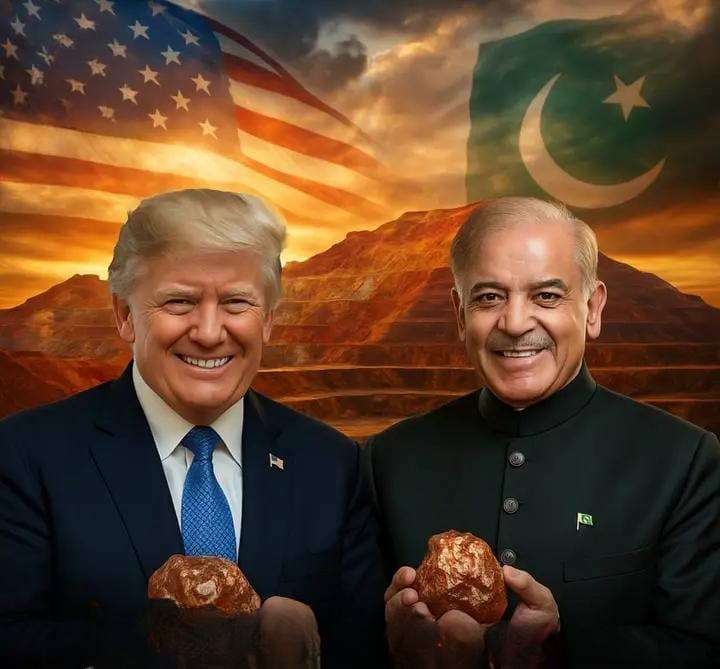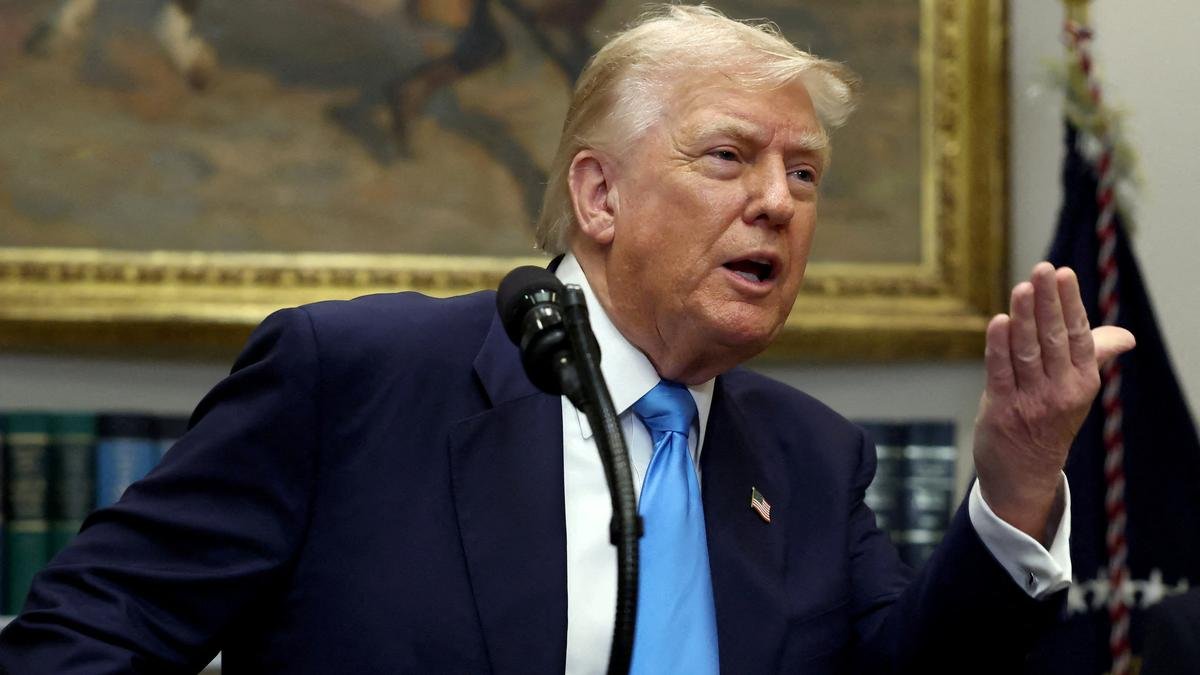US Shows Interest in Pakistan’s Copper Reserves: Trade Ministry
In a significant development that could boost Pakistan’s mineral sector, the US Shows Interest in Pakistan’s Copper Reserves: Trade Ministry according to an official statement released by the Ministry of Commerce and Trade. The announcement marks a potential turning point for Pakistan’s mining industry, which has long been seen as an untapped opportunity for economic growth.
According to the Ministry, representatives from the U.S. government and American mining corporations recently met with Pakistani officials in Islamabad to discuss potential collaboration. The focus of the talks centered around large-scale exploration and investment in copper mining, particularly in resource-rich regions such as Balochistan, home to one of the world’s largest untapped copper and gold deposits.
During the high-level meetings, the U.S. delegation expressed both strategic and commercial interest in Pakistan’s mineral sector, with copper being a priority due to its increasing global demand. With the worldwide shift toward clean energy and electric vehicles, copper has become one of the most sought-after minerals due to its essential role in electricity transmission, battery manufacturing, and renewable energy infrastructure.
Pakistan’s Untapped Potential
Pakistan is home to immense copper reserves, most notably in the Reko Diq area of Balochistan. The site is estimated to contain billions of dollars’ worth of copper and gold, making it one of the richest undeveloped copper-gold deposits in the world. However, for decades, political instability, legal disputes, and lack of technological capacity have stalled large-scale mining projects.
The renewed interest from the U.S. comes at a time when Pakistan is seeking foreign direct investment (FDI) to stabilize its economy and reduce dependency on international loans. The caretaker government and the Ministry of Commerce have been actively promoting Pakistan’s natural resources at global forums, highlighting opportunities for responsible and profitable investment.
Strategic Importance
Copper is also considered a strategic mineral by the U.S. Department of Energy due to its critical use in advanced technologies. As the U.S. looks to diversify its supply chains away from China and other politically sensitive regions, partnerships with countries like Pakistan are gaining importance. x
Analysts believe the U.S. interest is not purely economic. With China already deeply involved in Pakistan’s infrastructure and mining sectors through the China-Pakistan Economic Corridor (CPEC), Washington may view entry into Pakistan’s mineral industry as a way to counter Beijing’s growing influence in the region.

Meetings and Proposals
During the Islamabad meetings, American representatives reportedly proposed various models of partnership, including joint ventures, technology transfer agreements, and capacity-building programs for Pakistani workers. The U.S. delegation also emphasized adherence to environmental and ethical mining standards, which they said would be crucial for any formal collaboration.
In response, Pakistani officials assured the U.S. side of full transparency, legal protection, and fast-track approvals for investors willing to participate in large-scale copper mining projects. Commerce Minister Jam Kamal, who also hails from Balochistan, stated that the government is ready to provide land, infrastructure, and regulatory support to make the copper sector a central pillar of economic development. READ NEXT https://elevenpakistan.com/cm-punjab-takes-test-ride-electric-train/
Boost to Local Economy
If successfully executed, the collaboration could bring massive benefits to the national and regional economy. In particular, Balochistan, Pakistan’s most underdeveloped province, could see an influx of jobs, better infrastructure, and social development programs linked to mining revenue. Local stakeholders, including tribal elders and provincial authorities, have also expressed cautious optimism about the potential for economic transformation through mineral development.
Experts suggest that foreign investment in copper mining could add billions of dollars to Pakistan’s GDP over the next two decades. The mining sector’s development could also reduce Pakistan’s trade deficit by increasing mineral exports and reducing reliance on imported raw materials.
Challenges Ahead
Despite the excitement, challenges remain. The Reko Diq mining project, for instance, has a troubled legal history that led to years of international arbitration between Pakistan and foreign mining companies. Although recent settlements have cleared the path for new agreements, experts warn that Pakistan must streamline its regulatory environment and ensure consistency in mining policies to attract long-term investors.
Security concerns in Balochistan also remain a serious issue, although the government has pledged enhanced safety and stability for investors operating in the region.
Looking Forward
The Ministry of Commerce has confirmed that further rounds of technical discussions are scheduled for the coming months, with a U.S. technical team expected to visit key mining sites. If all goes according to plan, pilot projects and feasibility studies could begin as early as next year.
In summary, U.S. interest in Pakistan’s copper reserves signals a new opportunity for economic cooperation between the two countries. With strategic alignment, legal clarity, and mutual trust, the partnership could not only unlock Pakistan’s mineral wealth but also reshape its economic future.
READ NEXT



